Farmer’s Guide to Trucking Regulations available to Ohio Farm Bureau members
The guide includes a farm driver checklist, overview of state and federal regulations and exemptions, CDL qualifications and more.
Read More
Hello, Everyone! As I sit here writing this article, it is 82 degrees outside. For the end of September and beginning of October, it is awful warm.
Weather has been the topic of discussion for farmers for the past two years, and if you talk to anyone in the State Climate Office of Ohio they will mention that these patterns may be closer to our new normal than we could care to admit. Erratic rainfails early in the growing season coupled with dry conditions later in the summer are a perfect combination for reduced crop yields. We are just getting started with harvest in our corner of the state and I hope the yields aren’t too bad. We know they probably won’t be great, but an average yield this year would be fantastic.
Stewardship can mean a lot of things to many people, but when you are talking about stewardship with local farmers they will undoubtedly think of their land and what they are doing to save it for future generations. The land is their future, and decisions they make today can have impacts for several generations. Choosing to put in grass waterways, using conservation tillage, planting cover crops and other practices are commonly used to keep soil and nutrients in the field. Because they want to farm the land for many years, they also are putting the nutrients back into the ground that crops are withdrawing each year.
Unfortunately, not all farmers take this approach to farming. With low crop prices there may be an appeal for some farmers to plant a crop without planning for the future to reduce inputs, and make this year profitable at the expense of future years. Many times this is at the expense of landlords renting farm property without lease agreements in writing. Let’s use an example of a farmer renting a piece of ground for $51 per acre (county average farm rent), planting soybeans without any fertilizer, and using a minimal weed treatment. That farmer is using the nutrients in the landlords’ fields for free to grow those crops, and any weeds left behind will be the problem for the next renter or the landlord. With that said, how much did the landlord really make by renting the ground? I would say not very much.
If you are considering renting your farmland to a new renter, I would ask around to see if they have a reputation (good or bad). Most importantly, if you do rent out the ground, be sure to have a lease agreement in writing with clear expectations. I would encourage you to do a soil test on your ground to know what your nutrient levels are before they start farming, and request those levels to be present or higher at the end of the lease term. Not sure what to have in your lease? Check out this resource for more information and sample lease agreements.
For information about 4-H, FCS, Agriculture, or Master Gardeners please call the OSU Trumbull County Extension Office at 330-638-6783 or visit our website. Don’t forget to check out and “Like” our Facebook page for current programs and up to date information.
Submitted by Lee Beers, Extension Educator, he can be reached by email or calling 330-638-6738.
OFBF Mission: Working together for Ohio farmers to advance agriculture and strengthen our communities.


The guide includes a farm driver checklist, overview of state and federal regulations and exemptions, CDL qualifications and more.
Read More


ODA will enroll 500,000 acres into the program for a two-week sign-up period, beginning April 22, 2024, through May 6, 2024. Contact local SWCD offices to apply.
Read More

Katie Share of Columbus has been named ExploreAg and Youth Development Specialist for Ohio Farm Bureau.
Read More

Mary Klopfenstein of Delphos has been named Young Ag Professional and Ag Literacy Program Specialist for Ohio Farm Bureau.
Read More

The plan has been updated to give sole proprietors access to more rate stability and a smart solution that offers potential savings on health care.
Read More

The American Farm Bureau Federation, in partnership with Farm Credit, is seeking entrepreneurs to apply online by June 15 for the 2025 Farm Bureau Ag Innovation Challenge.
Read More

Adele Flynn of Wellington has been elected treasurer of the Ohio Farm Bureau Federation and now holds the third highest elected office in Ohio’s largest and most influential farm organization.
Read More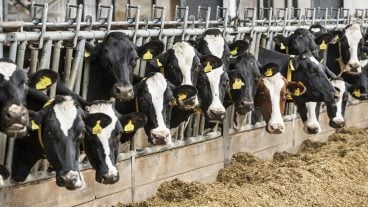
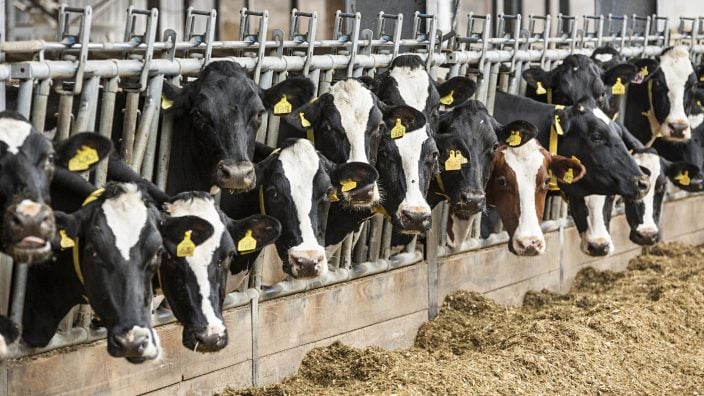
Producers are urged to work with their veterinarian to practice enhanced biosecurity measures and review and limit cattle movements within production systems.
Read More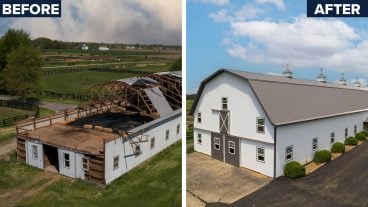
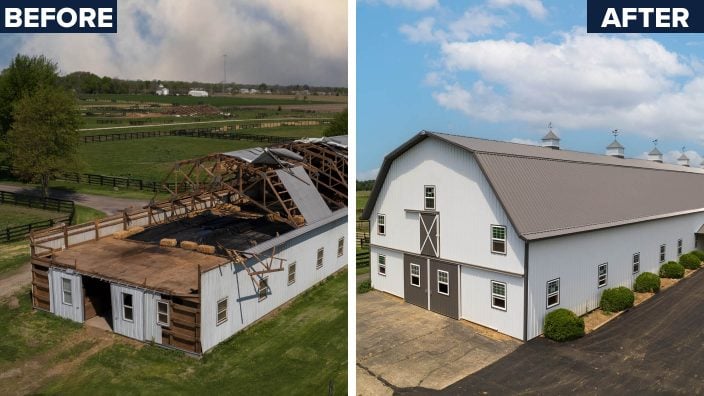
The changing seasons bring with them the need to thoroughly inspect pole barns for any damages that may have occurred during the winter months.
Read More
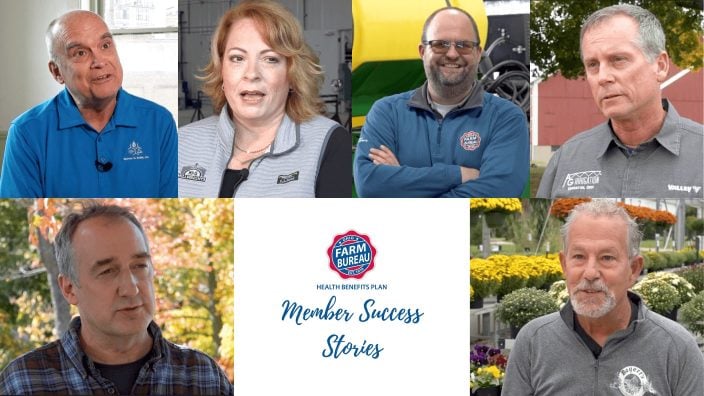
Hundreds of Ohio businesses and sole proprietors are raving about Ohio Farm Bureau’s Health Benefits plan with lower, predictable costs and easy enrollment and administration options.
Read More